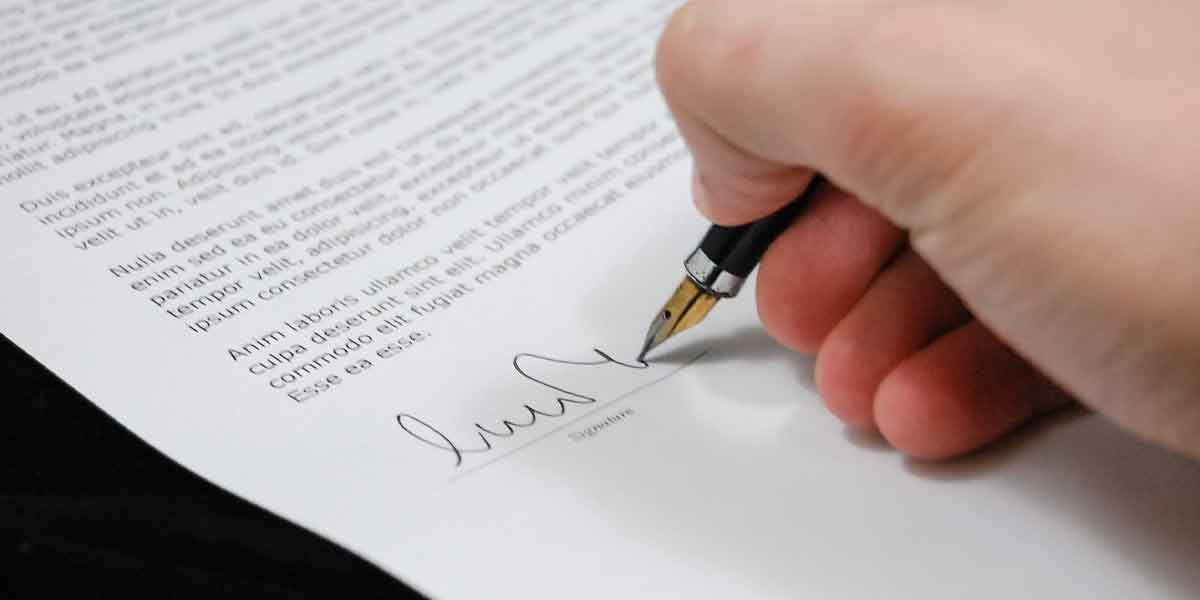Have you ever wondered about who is responsible for paying the outstanding debts of a deceased individual? This question may seem daunting, but the process is actually quite straightforward. The debts of the deceased are settled during the probate process, utilizing the assets owned by the deceased.
Typically, the executor or a hired attorney is tasked with managing and clearing the outstanding debts. If there is a will, the executor is granted the authority to administer the assets of the deceased. In the absence of a will, a personal representative appointed by the court oversees the probate process.
The executor identifies all debts owed by the deceased and requests creditors or lenders to provide evidence of their claims. Once the claims are verified, the executor proceeds to settle the debts using the available assets.
If the assets of the deceased are insufficient to cover the liabilities, the executor cannot use the assets to pay off the debts. This raises the question of whether the debt burden transfers to the family of the deceased. To address this, we need to consider various scenarios that may arise following the individual’s passing:
1. Settlement Using Assets
During the probate process, debts are typically settled by selling the assets of the deceased. The executor, either independently or with legal assistance, is responsible for this task.
The assets of the deceased are classified into exempt and non-exempt categories. Exempt assets, such as retirement savings and life insurance policies, are not utilized to repay debts. Non-exempt assets, including bank accounts and real estate, are used for debt settlement. State laws dictate the categorization of assets.
Creditors and lenders must notify the executor of their debts within a specified timeframe, as claims submitted after this period may not be considered valid.
Creditors must substantiate their claims with invoices or receipts, which the executor verifies before making payments. In such cases, the family of the deceased is not burdened with the debt, as the assets are utilized for repayment.
2. Dealing with Insolvency
In rare probate instances, the deceased may be insolvent, with debts surpassing assets. Insolvency occurs when liabilities exceed assets upon the individual’s death.
In such scenarios, heirs and beneficiaries do not receive a share of the estate value. However, the family members are not obligated to settle the debts in these circumstances.
A priority order is established for debt settlement in these cases, with estate tax, attorney fees, and fiduciary fees taking precedence. Family allowances, federal taxes, uncovered medical expenses, and property taxes follow in the priority list.
Credit card debts and personal loans are addressed last in the debt repayment hierarchy.
3. Co-Signed Loans and Responsibilities
If a family member co-signed a loan with the deceased, they bear the responsibility of repaying the remaining debt. Co-signed loans entail an agreement between two parties and the lending institution, stipulating that the surviving party must settle the debt in the event of the other party’s death.
The lending institution may utilize the deceased’s assets to offset the debt, alleviating the burden on the co-signer. This is the only scenario where the family may be required to address loan repayment.
in most probate cases, the family of the deceased is not liable for repaying debts, as the executor manages debt settlement using estate funds. The debts of the deceased do not impact their family members.




